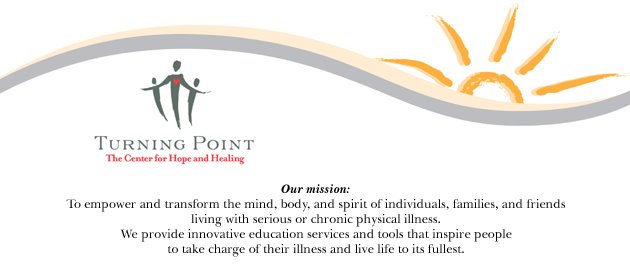What does stress have to do with cancer?
Cancer is a problem of uncontrolled growth – the cells grow out of control and faster than they should. Cancer is an activation of growth genes – called oncogenes.
Most studies relating stress to cancer have been done in the laboratory with animals. In those studies, findings suggest that stress may bring on cancer and accelerate the progression of cancer.
The problem with the studies is that they inject the animals with cancer cells prior to or after they subject them to stressors. Do you see the problem? We aren’t injected with cancer cells, so we really can’t say that these lab animal studies are pertinent to human cancer.
In human studies, proving stress as a cause of cancer relationship is difficult. Most human studies are retrospective – taking place after someone has been diagnosed with cancer.
Prospective studies are more meaningful. These are the studies that follow people from a younger age into old age and look at different variables, including rates of disease. Here, the cancer/stress relationship falls apart.
What about the stress/relapse relationship? Not much evidence here either – the evidence is minimal.
And finally, what about the rate of progression and stress? Recent research suggests there may be a relationship between progression and stress.
John Cacioppo, PhD, from the University of Chicago and Steve Cole, PhD, from the University of California, Los Angeles are studying the way genes and environment interact to influence behavior and health – called social genomics, a division of molecular biology.
Here is what they are finding:
- Loneliness and social adversity (including stress) influence health by priming the immune system to use its inflammatory response more often, which increases risk for disease. They are able to peer into cells and see what’s going on at a molecular level in a way that has never been done before.
- Loneliness and adversity reprogram the immune system to be ready for trouble. This is also true for early life adversity, regardless of current conditions – these situations cause the immune system to be vigilant for stress and tone deaf to cortisol (hormone that controls inflammation), so the pro-inflammatory response proceeds unrestrained creating an increased risk for cardiovascular disease and some cancers.
Susan Lutgendorf, PhD, from the University of Iowa and Steve Cole, PhD, from UCLA found that social circumstances influence gene expression in cancer cells. More than 220 genes were turned on in the cancer cells of women with low levels of social support and high levels of depression. These same genes were not active in women who did not have social stress. Some of those genes are associated with higher rates of cancer metastases.
- Genes and environment are not separate things.
- The environment controls what your genome becomes.
- Social support and stress management help people live better with and possibly control their disease.
- It is imperative that people living with cancer and heart disease (and most likely other serious illness) have strong support systems and skills to manage stress.
Overall, the science isn’t there to suggest that stress directly effects whether or not we get cancer. Our bodies are much too elegant and complicated to make such a simple statement. However, once someone has cancer, it is in their best interest to do as much as they can to help support their emotional and physical health in order to live as well as they can for as long as they can.
Moira

No comments:
Post a Comment